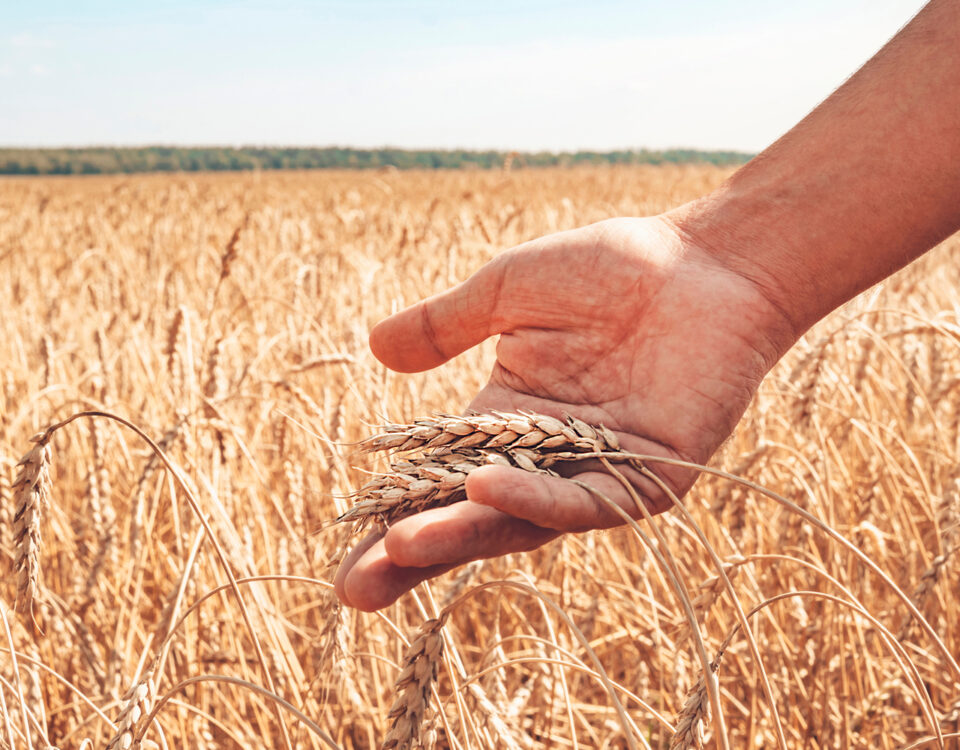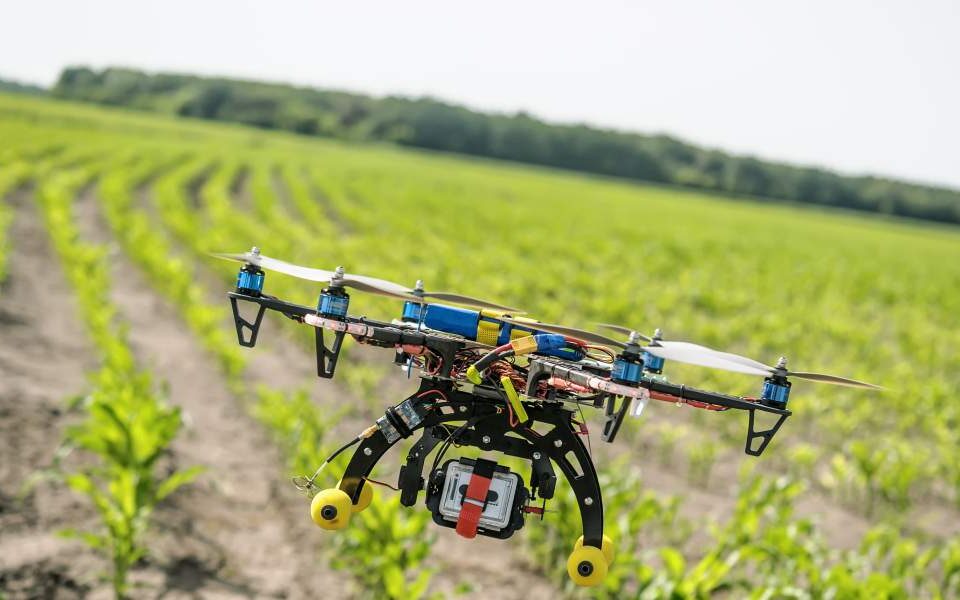
Tech Transformations in Modern Agriculture
September 1, 2024
How to Fertilize Grounded Crops for Maximum Yield
September 2, 2024
Introduction to Bluetongue Disease Livestock
Bluetongue is a viral disease affecting ruminants, especially sheep and cattle. The disease, transmitted by midges, causes fever, swelling, and lameness. Recent outbreaks of Livestock Bluetongue in Europe have heightened concerns globally, including on the Isle of Man. The Isle of Man’s livestock import policies have been influenced by these new cases to prevent the disease from entering the island and affecting local livestock. Understanding how Bluetongue impacts livestock health and the economy is crucial for both policymakers and farmers.
Current Situation of Bluetongue in Europe
Recent reports have indicated a resurgence of Bluetongue in several European countries, with increased incidence rates and spread. This situation has prompted governments to reassess their import policies and biosecurity measures. The Isle of Man, being a part of the UK but with its own agricultural policies, has had to adapt to these changing conditions. The authorities are closely monitoring the situation and implementing stricter measures to prevent any potential outbreak on the island.
Isle of Man’s Livestock Import Restrictions
In response to the new Bluetongue cases, the Isle of Man has enforced stringent livestock import restrictions. These measures include requiring livestock from affected regions to undergo rigorous health checks and vaccinations before entry. Additionally, there are temporary bans on importing livestock from high-risk areas. These policies aim to minimize the risk of introducing the virus to the island, safeguarding both animal health and the agricultural industry.
Economic Impact on Local Farmers
The import restrictions have had a significant impact on local farmers and the agricultural sector. While these measures are crucial for disease control, they can disrupt supply chains and increase costs for farmers. Livestock prices may rise due to reduced availability, and farmers may face challenges in sourcing breeding stock. The Isle of Man government has been working to support affected farmers through subsidies and alternative measures to mitigate the economic burden.
Biosecurity Measures and Future Outlook
To enhance biosecurity, the Isle of Man has implemented various preventive measures, including improved surveillance and reporting systems. Farmers are encouraged to adhere to biosecurity best practices, such as maintaining quarantine protocols and monitoring livestock health regularly. Looking ahead, the Isle of Man will continue to adapt its livestock policies based on evolving Bluetongue threats and scientific advancements. Collaboration between authorities and the agricultural community will be key to managing future risks.
Conclusion and Recommendations
In conclusion, the recent Bluetongue outbreaks in Europe have prompted the Isle of Man to revise its livestock import policies to protect its agricultural sector. While these measures are necessary for disease control, they have economic implications for local farmers. It is essential for policymakers to balance biosecurity with support for the agricultural community. Continued vigilance, research, and cooperation will be crucial in ensuring the health of the Isle of Man’s livestock and the sustainability of its farming industry.
to read more agriculture related blogs on the website Click here.





